
United State House Panel Raises Alarm Over China’s Belt and Road Initiative
The U.S. House Select Committee on Strategic Competition between the United States and the Chinese Communist Party (CCP) raised concerns on Thursday that the Chinese regime is leveraging its Belt and Road Initiative (BRI) to indebt and subsequently exert influence over the developing world.
At a hearing titled “All Roads Lead to Beijing? The CCP’s Global Development Offensive,” the committee heard testimonies from David Trulio, President and CEO of the Ronald Reagan Presidential Foundation and Institute, Daniel Runde, Senior Vice President at the Center for Strategic & International Studies (CSIS), and Brad Parks, Executive Director of AidData at William & Mary’s Global Research Institute.
BRI’s Global Reach and Influence
Mr. Trulio testified that the BRI has established a presence in more than 100 countries. “I don’t think any of us want to live in a world dominated by the Chinese Communist Party,” Mr. Trulio told NTD News on the sidelines of the hearing. “So to the extent that BRI contributes to more Chinese influence, and coercive pressure against countries around the world, that’s not a good thing.”
Trulio argued that the BRI’s influence compromises human rights in the involved countries. “With deeper integration to the [People’s Republic of China] through the Belt and Road Initiative, that actually constrains those countries’ ability to behave in a way that advances human rights, because China has coercive pressure on them,” he said.
He added that BRI projects can bolster support for regimes with poor human rights records and suggested that the infrastructure established by the CCP around the world might serve ulterior motives. “The concern has to do with dual use, or even as we heard, triple use,” Trulio explained. “A commercial port could have, potentially, intelligence collection implications, or it could have, potentially in a conflict, military uses.”
Economic and Political Leverage
Rep. Jake Auchincloss (D-Mass.) expressed concerns that the CCP uses global development projects to trap host countries into unmanageable debts. “The Chinese Communist Party has been loaning out more than a trillion dollars, and those loans are coming due, and the countries that owe them can’t pay them,” he said. Auchincloss noted that many countries with BRI projects struggle with liquidity or are “downright insolvent.” He asserted, “The CCP is not acting as a creditor in good faith. They are turning those loans into forms of subservience by these countries and are extracting political concessions in lieu of economic ones.”
Committee Chairman John Moolenaar (R-Mich.) contrasted the CCP’s strategy with that of the United States. “When we do economic development, or try and partner with countries, we try and build relationships that are lasting partnerships and trading relationships,” Moolenaar said. “When China does it, it’s really an exploitation, and something that they will leverage every way possible to advance the goals of the Chinese Communist Party.”
Chinese Response and Alternate Views
Chinese officials have disputed the “debt-trap” characterization of the BRI. The Chinese Foreign Ministry described such accusations as “malicious” and overhyped in a January 2022 statement. A 2020 Chatham House report provided a different perspective, suggesting that the BRI lacks the coordination needed for major CCP strategic objectives. “Economic factors are the primary driver of current BRI projects; China’s development financing system is too fragmented and poorly coordinated to pursue detailed strategic objectives,” the report stated.
Dr. Brad Parks, in his testimony, also questioned the debt-trap narrative. “There are valid criticisms of China’s overseas lending practices, but ‘debt trap diplomacy’ is not one of them,” he said. “There is simply no evidentiary foundation for the claim that Beijing is plying foreign governments with oversized loans to push them into default and take control of their seaports, airports, and electricity grids.”
Recommendations for U.S. Policy
Daniel Runde advocated for a competitive approach from the U.S. “My main message is this: In this era of great power competition, the United States needs an alternative solution, rather than demand that developing countries cease working with the CCP,” Runde said. “We can’t fight something with nothing.”
Dr. Parks noted that the Chinese regime has made adjustments to the BRI to address grievances from participating countries. He suggested that the U.S. should be prepared to respond swiftly to the needs of partner countries.
Rep. Raja Krishnamoorthi (D-Ill.), the ranking member on the House Select Committee on the CCP, emphasized the need for the U.S. to offer competitive terms. “We should be offering competing terms, we should be getting into this because it’s very important that the Chinese not, for instance, develop deepwater ports that then they militarize that harm our national security,” he said. “In addition to that, obviously building our soft power muscles is a good thing, too.”
Auchincloss highlighted the U.S. capabilities in global economic development but stressed the need for efficiency. “We’ve got to cut through our own red tape and get this stuff done at volume and velocity so that we can really compete,” he said.
The hearing underscored bipartisan concerns about the strategic implications of the BRI and the need for a proactive and competitive U.S. approach to international development and infrastructure projects.
- Chinese Public Opinion on Nepal’s Loan Grant Proposal Sparks Debate Amid Corruption Investigation
- Chinese and Bangladeshi Nationals Illegally Acquiring Nepali Citizenship Raises Security Concerns
- US Special Envoy for Youth Affairs Abby Finkenauer Arrives in Nepal to Promote Youth Engagement and Democracy
- Seven Dead, Six Critically Injured in Darchula Jeep Accident
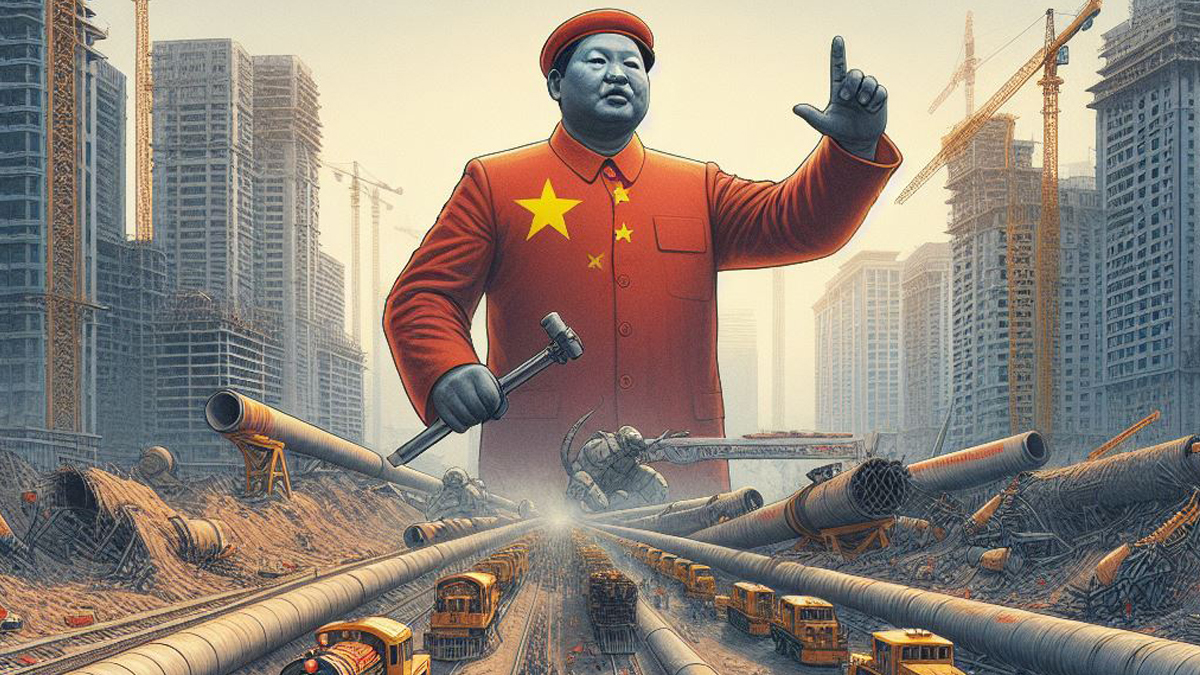
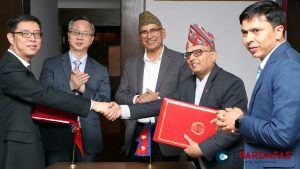
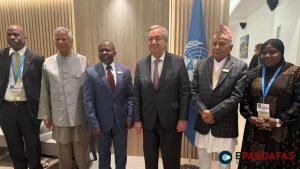
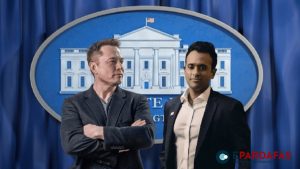
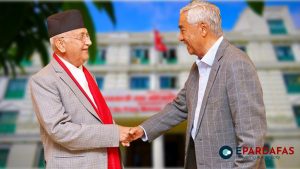
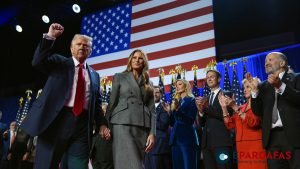
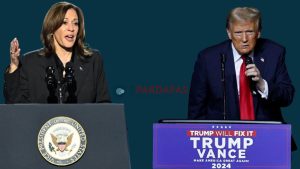
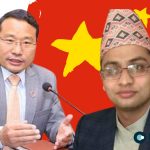



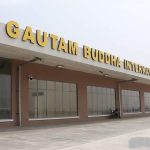
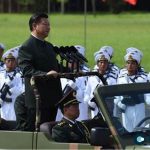
Comments